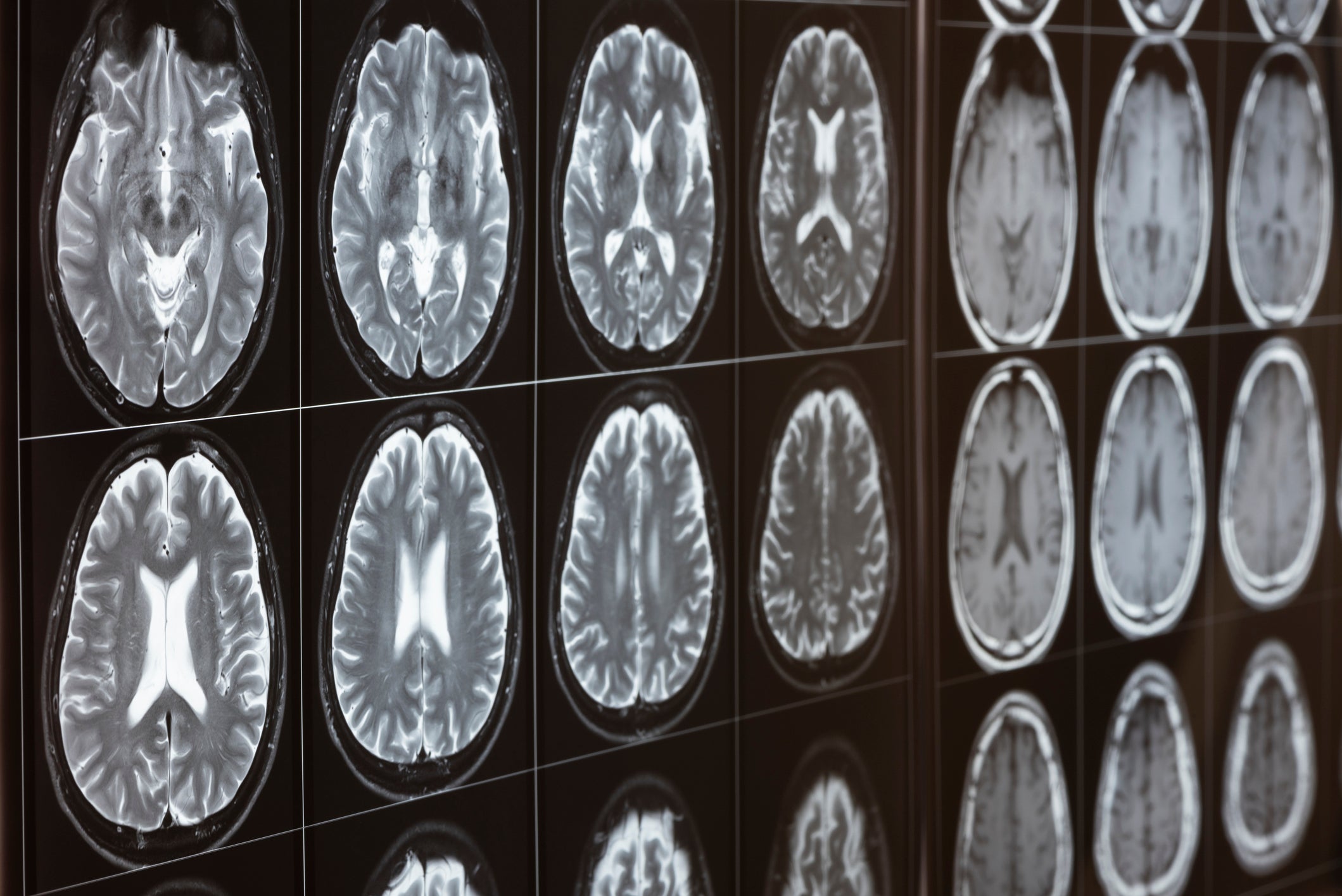
Around the world, October 29 is recognized as World Stroke Day. We spoke to Dr. Fredieu, the Medical Director of the Oklahoma Stroke & Neurological Institute at Hillcrest about the importance of knowing the signs and symptoms of strokes, preventative measures and risk factors, and how important increasing awareness around stroke is worldwide.
What is a stroke?
Dr. Fredieu shares some preventative measures that can be taken day-to-day to help prevent stroke. “First, you have to recognize what a stroke is. A stroke is different from a heart attack in that the majority of the time, a heart attack is painful. If somebody feels like there is an elephant sitting on their chest, they’re going to call 911 and get to the hospital because it hurts. But that’s not what you find with stroke- only about 30% of the time patients who have strokes will have pain. So it’s important to know the signs and symptoms of stroke.” Dr. Fredieu references B.E. F.A.S.T.T., an acronym that is used for the signs and symptoms of stroke. Sudden dizziness, loss of balance, double vision, blurred vision, facial droop, arm weakness and numbness, slurred speech or difficulty speaking, and sudden severe headache are all signs and symptoms of stroke.
“The most concerning element of stroke to me is that if someone is having symptoms, they want to delay going to the hospital, calling their family or calling 911 because they think their symptoms may either resolve or they don’t want to concern or alarm family members. The most important thing about stroke is that stroke is a time sensitive condition; it is like having a heart attack,” Dr. Fredieu notes. He adds, “As a matter of fact, we have coined stroke as a “brain attack” because we actually want people to think of heart attacks and brain attack as the same thing because in both situations you have a lack of blood flow to an organ in the body that needs oxygen to function. So it’s very important that people understand how important time is. Stroke is the number one cause of patient morbidity and families are devastated when the matriarch or patriarch of the family has had a massive stroke. It changes the remainder of the lives of the other family members; whether they’re going to be caregivers or whether they’re not able to embark on opportunities because of the financial ramifications of stroke. So its effect is incredibly dynamic and on the patient as well as their family and their community. The best way to manage stroke is to prevent stroke. Education is the key for us Maybe one day stroke will move from being number one to hopefully out of the top ten.”
Preventative measures
There are several preventative measures that can be taken to prevent stroke. Dr. Fredieu shares some of the ways you can prevent stroke, explaining, (1) "Be sure to see your doctor on a regular basis, (2) check your blood pressure on a regular basis, and (3) be compliant on your mediations. (4) If a medication causes nausea, vomiting or dizziness, talk to your physician about it. It may be a matter of changing your medication or dosage. (5) Be physically active, if you can get your heart rate up for 20-30 minutes at least 3-5 times a week and have a healthy diet, that’s important. (6) Mediterranean diets that are high in fruits and vegetables are good; staying away from dairy, butters and complex carbohydrates like bread are all things people can do to help minimize their risk of any type of medical conditions, but particularly stroke.”
Managing risk factors is also essential in preventing strokes. Dr. Fredieu clarifies that “80% of strokes are preventable by managing your risk factors. There are a lot of patients that tell me, ‘well I don’t think I’m hypertensive’ and their blood pressure is 240 over 120 and they’ve been hypertensive for 20 years, and yet they haven’t gone to a doctor. Knowing your risk factors gives you an element of control. By controlling your high blood pressure, your diabetes, your cholesterol, exercising, not smoking, and sleeping well, those among other things can decrease your risk of a stroke up to 80%. There are, of course, some risk factors that we can’t control - age, race, previous stroke or family predisposition; but by seeing your physician on a regular basis, risk factors can be monitored.”
Dr. Fredieu is hopeful that through increasing awareness on World Stroke Day, the general population will be more aware of the signs and symptoms of stroke as well as preventative measures and risk factors. “Having a day to recognize and acknowledge something as devastating as stroke is great because it brings it to the forefront of everyone’s mind, at least for that day. Stroke is still the fourth leading cause of death and the number one leading cause of morbidity in the United States. The fact that we have a day that is specifically geared towards education and discussion to make our world a healthier place in the management of stroke is a great thing.”
